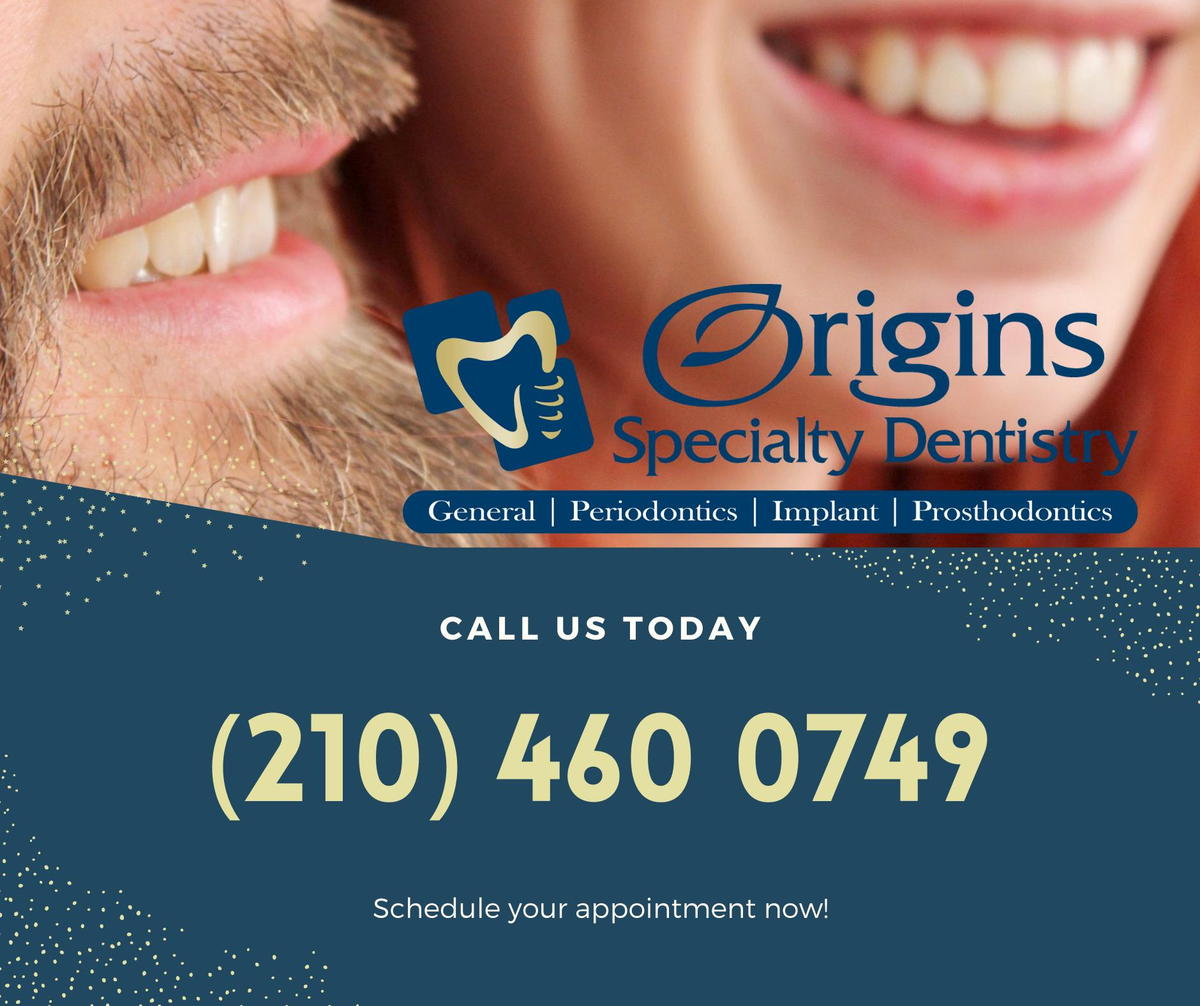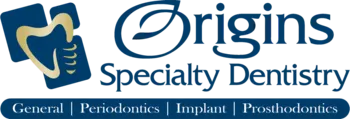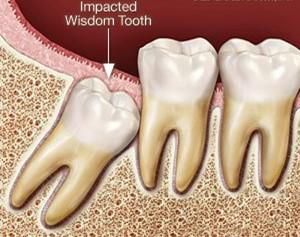
The third molars, generally called “wisdom teeth” are the last set of teeth which erupts around the age of 17-25. However, it varies from person to person. There are certain patients who may not even have wisdom teeth. On the other hand, it’s not uncommon for the wisdom teeth to be impacted (hidden) and not come out.
The wisdom teeth, either erupted, partially erupted, or impacted, may cause troubles in the mouth; from getting cavities (tooth decay) to gum disease. These teeth may become a source of infection for the rest of the teeth. It should also be highlighted that the position of wisdom teeth may put pressure on the molars in front of them and make them prone to dental caries, gum disease, and bone loss. Lastly, the impacted third molars (wisdom teeth) may show cyst or other lesions which should be addressed. It goes without saying that wisdom teeth pain (toothache) is not uncommon either. However, it is crucial to remember that there is not always pain or discomfort as the warning sign. That underlines the importance of regular dental check-up with your San Antonio family dentists at Origins Dentistry.
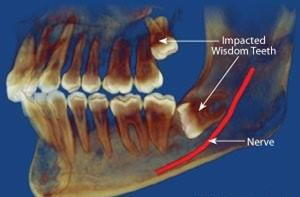
After a thorough clinical and radiographic examination by your dentist/surgeon/periodontist, you may be advised to have your wisdom teeth extracted. The extraction of wisdom teeth is a relatively common dental procedure. There are many reasons for removing wisdom teeth, including:
- Difficulty in keeping the wisdom teeth area clean leading to dental caries (cavities) and/or periodontal disease (gum disease & bone loss) on the wisdom teeth or the other teeth
- Erupting wisdom teeth in a crooked orientation damaging other teeth or causing jaw discomfort (occasionally temporomandibular disorders)
- Small jaw and lack of space for the wisdom tooth to come out leading to problems for the tooth in front of it or excessive crowding
- Lesions on the unerupted (impacted) wisdom tooth
At times, the extraction (removal) of the wisdom tooth may be a preventive way to ensure oral health in the future.
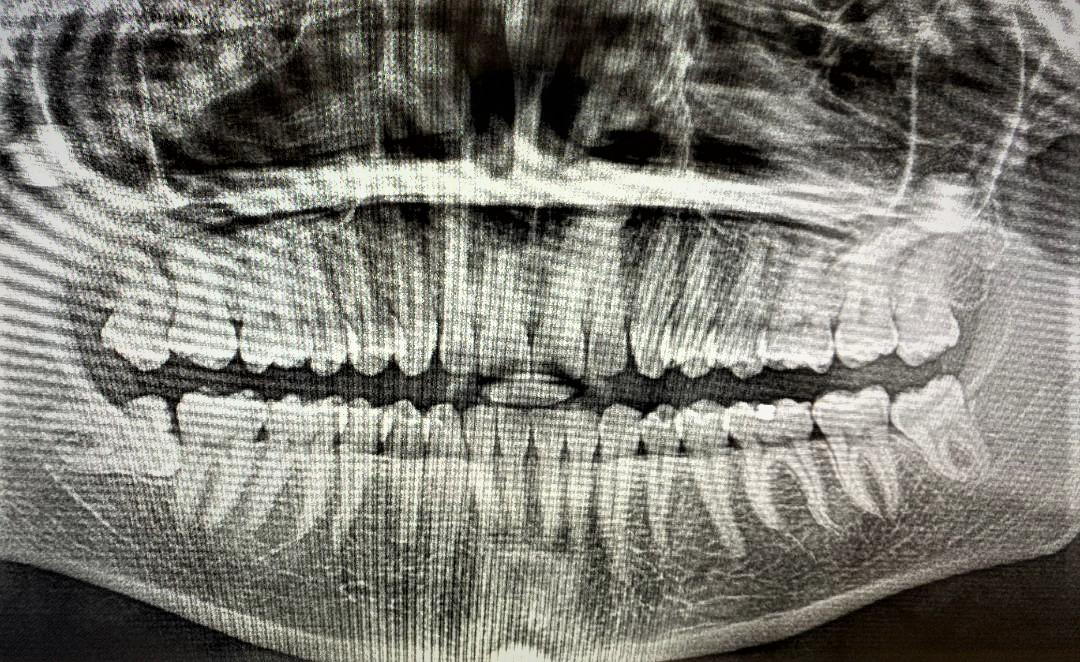
The extraction procedure may be a minor or major surgical procedure depending on the size, position, and other features of the wisdom tooth and the patient factors. Generally speaking, the younger the patient, the easier and faster the recovery will be. In addition to local anesthesia (local numbness), there are other in-office sedation options available at Origins Specialty Dentistry to ensure your comfort. Nitrous Oxide (Laughing Gas), Oral Sedation (Pills), or IV Sedation are the available sedation options that may be proposed based on the difficulty of the surgery for you. Dr Babak Najafi is an experienced periodontist in San Antonio who will have a comprehensive consultation with you and go over the risks and benefits of the procedure for you. Dr Najafi and his excellent team at Origins Dentistry are committed to helping you making an informed decision. Do not forget that not all dental surgeries are painful and major. He will go over all the details for you and explain what to expect during and after the recommended procedure.
It goes without saying that not all wisdom teeth need to be removed. However, having them checked regularly by your dentist is critical.
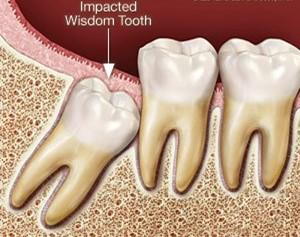
Post-operative Instructions
You may read the detailed post-operative instructions after the tooth extractions here.
With proper attention to post-operative care, most dental surgeries would heal quickly and without complication;
- Control of Bleeding: A slight amount of blood mixed with your saliva is normal following any dental surgery and it may persist for a day or two. Avoid rinsing or spitting during the first night. Immediately after the surgery, bite down on a cold moist gauze (or a moist tea bag) with a mild pressure over the surgical site. Please continue for the next 2 – 3 hours.
Later, if bleeding starts again, please elevate your head and re-apply the cold moist gauze or tea bag with pressure for at least 20 minutes, and repeat if necessary. Should it persist severely after a couple of attempts, it should receive attention and office must be contacted immediately.
Avoid physical activities during the first day, as this can elevate your blood pressure and reinitiate bleeding.
- Mouthcare: You can start rinsing gently one day after the surgery. You may gently rinse your mouth with a solution of one teaspoon of salt dissolved in a 6oz. glass of warm (not hot) water. Avoid spitting as much as possible. Start using recommended mouthrinses 1-2 days after the procedure, unless otherwise instructed by your dentist. You may start brushing, flossing and using other dental aids on other non-surgical areas one day after the surgery. Do not brush, floss, or use other dental aids over the surgical site for 10 days. Please do not disturb the surgical site by pulling your lip to look in your mouth.
- Discomfort and Swelling: Following surgery, it is normal to experience some discomfort. You may be directed to apply ice packs to your face over the operated area for at least 3 – 4 hours following the surgery (with 15-min intervals). It may reduce the possibility of swelling and bruising in the following days. It is normal to see maximum swelling within 48 hours following surgery which may last for 5 – 7 days. At this time, you may use warm moist towel on your face. Pain may be more severe on the second or third day if there is swelling.
- Medication: Appropriate pain medication and antibiotics have been prescribed by your dentist if necessary. Please use the prescribed medication as directed. If you are prescribed antibiotics or narcotics, do not combine it with alcohol. Do not drive or operate machinery while taking narcotic pain medications.
Please take all prescribed antibiotics as instructed unless adverse effects develop. Should skin rash, stomach problems, difficulty breathing, or other side effects occur, please stop taking your medication and contact the office immediately.
- Numbness: There may be numbness of your lip, cheek, or tongue after the dental surgery. It will recover gradually. Please avoid biting on them. The doses and intervals of the prescribed pain medications are critical during the first couple of days. It is important to start taking your pain medication before the initial numbness wears off.
- Diet: Adequate food and fluid intake is important during the healing phase. You may start with cold drinks (cold water, iced tea, fruit juices without using straws) and soft diet for the first 2 – 3 days. A high-protein soft diet is desirable (e.g. yogurt, ice cream, cold soup, ground meat) during the healing phase. Avoid hot and spicy foods during the healing phase. Biting and chewing on the surgical side should be avoided as much as possible for 3 – 4 weeks. Advance the consistency of your diet gradually when you can chew comfortably.
- Smoking: Do not smoke. Refrain from smoking until the area is healed, and strongly consider quitting altogether.
- Sutures: Sutures will be removed by your dentist in your post-op visit in 7 – 14 days.
Do not touch the surgical site or any loose sutures during the healing phase.
If any temporary has been fabricated by your dentist, it may need a couple of adjustment appointments during the healing phase. There should not be any excessive pressure over the surgical site for 3 – 4 weeks.
Prolonged or excessive discomfort, swelling, bleeding or fever may seldom arise; Please contact the office immediately, so that further instructions for your care may be given.
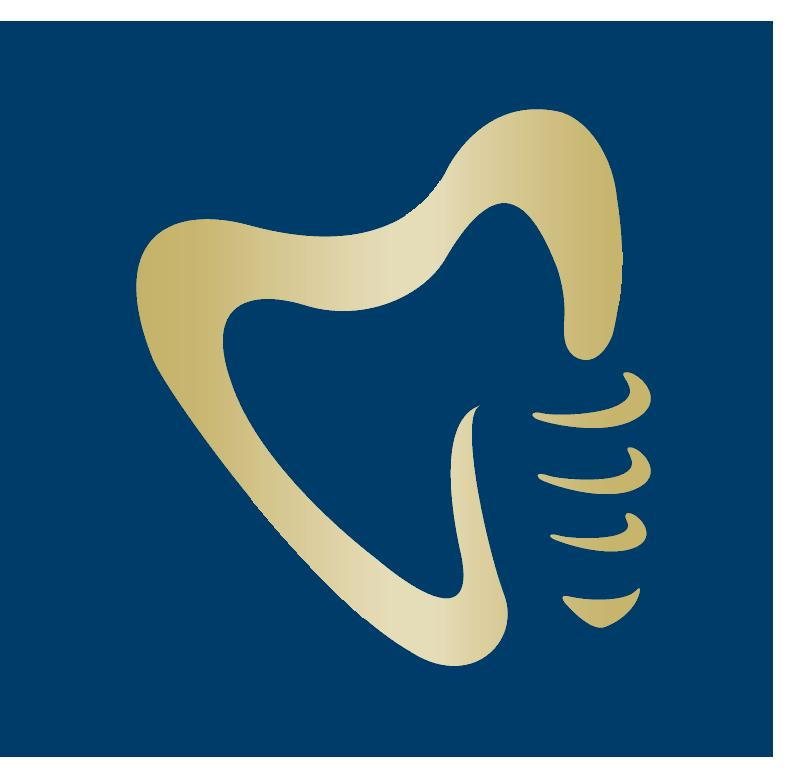 Origins Specialty Dentistry
Origins Specialty Dentistry
5718 University Heights Blvd, Suite 201
San Antonio, TX 78249
Phone: (210) 460-0749 / Fax: (210) 560-2333
www.OriginsSpecialtyDentistry.com
Babak Najafi, DDS, MDS, FRCD(C) is the Periodontist on De Zavala and the co-owner of Origins Specialty Dentistry. As an experienced and well known periodontist, he has been awarded as one of the Top Periodontists of San Antonio. He is elected as the alternate delegate of San Antonio District Dental Society to Texas Dental Association. Read more on his background and achievements here.
